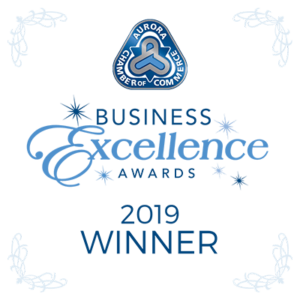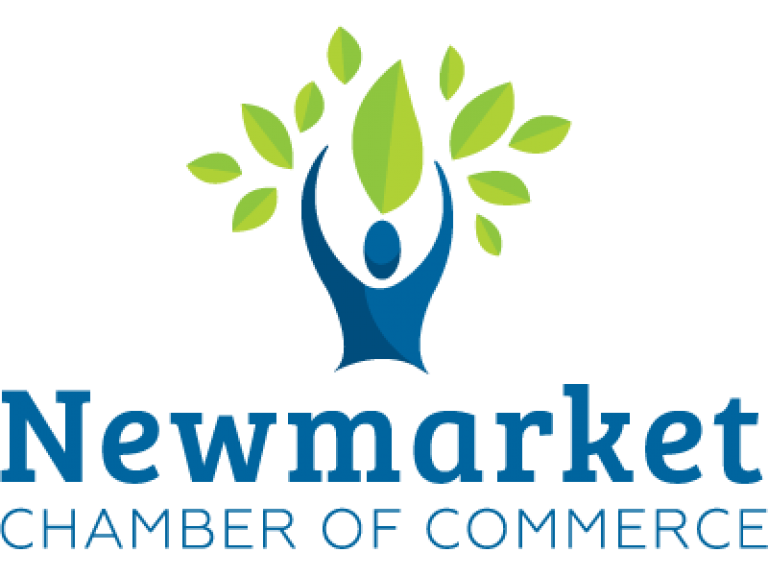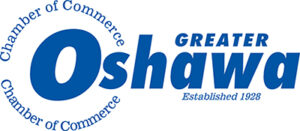The internet and digital technology have largely outgrown Yellow Pages for small businesses. As consumers progressively gravitate towards online resources to unearth products, services, and local businesses, a plethora of digital platforms and tools have arisen as popular alternatives to the Yellow Pages. Here are some of the primary substitutions:
Search Engines (Google, Bing, etc.): Search engines have metamorphosed into the go-to oracle for consumers on the prowl for local businesses. Businesses can fine-tune their online presence to materialize in search engine results, rendering search engines an indispensable tool for small businesses to be unearthed by potential customers.
Online Business Directories: A myriad of online business directories, such as Yelp, Yellowpages.com, and TripAdvisor, have surged in popularity. These platforms empower businesses to fabricate profiles, itemize their contact information, and amass reviews from customers.
Google My Business (GMB): Google My Business is a formidable tool for small businesses, enabling them to construct an intricate business profile that materializes on Google Search and Google Maps. It dispenses essential information like business hours, location, contact details, and customer reviews.
Social Media Platforms: Social media platforms like Facebook, Instagram, and Twitter have burgeoned into consequential conduits for businesses to propagate their products and services, engage with customers, and flaunt their offerings to a broader audience.
Local Listing Services: Services like Local SEO, Moz Local, and Yext aid businesses in managing their listings across a plethora of online directories, ensuring the consistency and accuracy of information.
Online Reviews and Ratings: Online review platforms, such as Google Reviews, Yelp, and Trustpilot, wield a pivotal influence over consumer decisions. Positive reviews can wield a momentous impact on a business’s reputation and magnetize more customers.
Mobile Apps: Mobile apps like Foursquare, TripAdvisor, and Zomato furnish location-based recommendations for dining, shopping, and entertainment, metamorphosing into valuable resources for local businesses.
Voice Search and Virtual Assistants: The ascension of voice-activated devices and virtual assistants like Amazon’s Alexa, Apple’s Siri, and Google Assistant has revolutionized the way people quest for information, including local businesses.
Local SEO Strategies: Enlisting local search engine optimization (SEO) techniques assists businesses in ascending the rungs of local search results, augmenting visibility to local customers.
Online Advertising Platforms: Paid digital advertising through platforms like Google Ads, Facebook Ads, and Bing Ads empowers businesses to target specific audiences and propel traffic to their websites or physical locations.
Overall, the transition to digital platforms has transmuted the way consumers stumble upon and interact with small businesses. Consequently, small businesses must erect a formidable online presence and harness these digital tools to remain competitive in today’s market.








